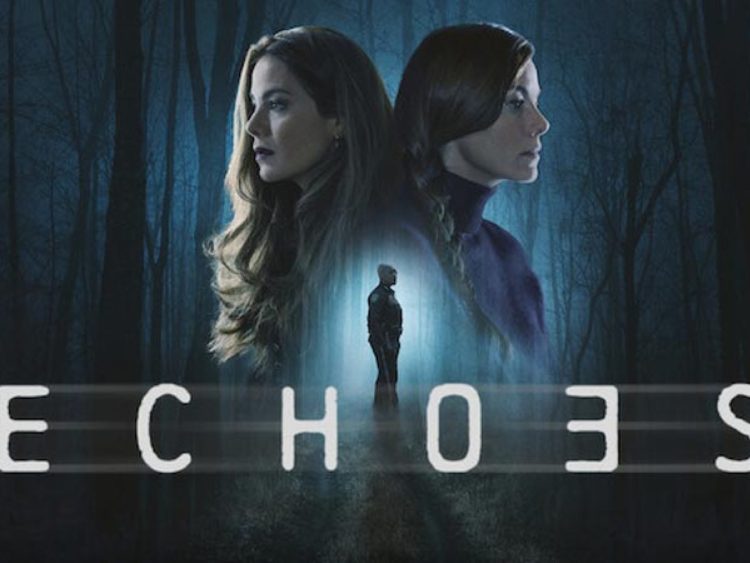On paper, Echoes, a Netflix limited series about deceptive identical twins, could have worked. It has the makings of an intriguing thriller: two inscrutable sisters, both played by Michelle Monaghan from Mission: Impossible, whose impenetrable bond conceals disturbing secrets; a Gone Girl-style mystery that reveals something sinister beneath enviable tranquilly – in this case, the twins’ bicoastal yin-yang, country and city success.
Michelle Monaghan plays identical twins Gina and Leni, who have spent their entire lives effortlessly switching places. Gina may have moved to Hollywood and lost her soft country twang, but she can easily slip back into it, and Leni can easily slip out of it, almost as if there is no difference between them anymore, which is sort of the point. Gina, a writer, is married to hunky therapist Charlie (Matt Bomer), while Leni is married to hunky cowboy Jack (Matt Bomer) (Daniel Sunjata). Then there’s hunky Dylan (Jonathan Tucker), the boy from the past who seems to be nothing but trouble according to everyone else in town. Gina and Leni switch lives every year on their birthdays — husbands, homes, jobs, clothes, everything — and while they keep a lot of secrets from the rest of the world, they know everything about each other. So they reasoned.
“Gina” is called back to her hometown just weeks before their next birthday because “Leni” has gone missing, and her absence reveals a whole world of puzzles that “Gina” must solve. Throughout the season, this premise twists and contorts, weaving a convoluted mystery with the entire concept of personhood. What makes a person unique? How does a woman distinguish herself from her motherhood? How can a frustrated sheriff (Karen Robinson) prosecute a crime when it’s nearly impossible to determine which of two identical twins committed the crime? Even before the show reveals why this story is so intriguing, there are plenty of intriguing questions to ask and new things to consider for all the millennials who grew up watching “The Parent Trap” and Mary-Kate and Ashley movies. Maybe having an identical twin is a bad thing?
Speaking of the most well-known twins in pop culture, there was a part of this show that inspired me to picture a lovely world in which the Olsen twins had never stopped acting and had instead developed their careers to bring us darker iterations of their twin antics. This is “It Takes Two” crossed with “Single White Female,” with a conclusion that actually caused me to gasp and then check the availability of a second season (it’s currently categorised as a miniseries). It takes the idea of twins switching places to a completely new, highly dubious, completely absurd, and yet completely compelling place, to the point where I wasn’t just pondering the fact that Michelle Monaghan is the only one who can play her every time she appeared on screen. (I wasn’t just thinking about that; I was still considering it.) And while having sex with someone who believes you are someone else is certainly something I was considering, the show doesn’t exactly dive into those murky waters.
The only real issue with this is that it takes the show a little too long to realise how entertaining and soapy the story actually is. A normal person would have a lot of questions about two women sharing their entire lives, and the first episode is slow and confusing, and the subsequent episodes don’t adequately address those questions to make viewers want to continue watching. It was then annoying that there were only seven episodes after Episode 5 flips the script in a way that made me want to press play on Episodes 6 and 7 even faster. You can’t wait until more than halfway through your short season to explain what’s actually happening. But now that I know what happened in Episode 5, I’m eager to watch the entire thing again, so I guess I’m not all that upset.




















